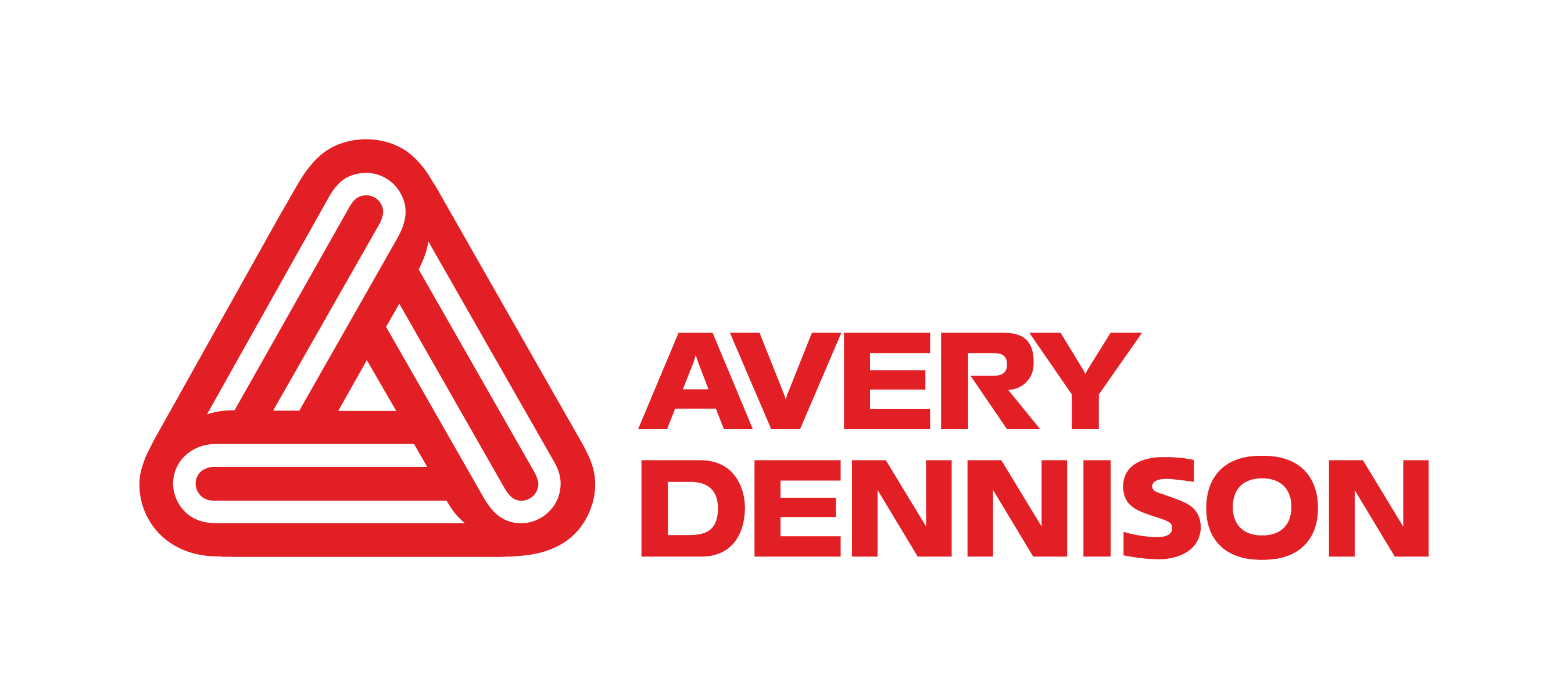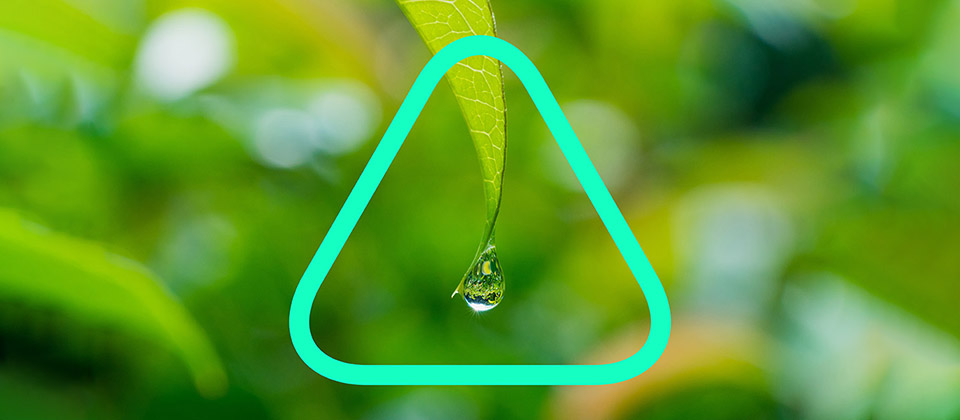Ever since I was a kid, I’ve had a curious passion for chemistry. Because in chemistry, when you combine different things you get something new, unique and colorful. Add oxygen to hydrogen with a bit of energy, for instance, and you make water and electricity. This is the same simple concept used in hydrogen fuel cells powering electric vehicles. It is the same principle used to power NASA rockets into space.
I’ve brought that love of making things more valuable, impactful, and a bit more colorful to my professional life. The experiences I’ve had, had nothing to do with maintaining the status quo. They have always been about accelerating, advancing, and solving problems creatively, with the ultimate aim of creating value on a broad level—for our employees, customers, investors, society and the environment at large. That’s just one of many reasons why I love working at Avery Dennison. The idea of value creation—of constantly innovating, elevating, and challenging the status quo—defines our mindset. Including our approach to sustainability.
We have, for years, pushed ourselves, our customers, and our suppliers to use less, recycle more, source sustainably, and cut carbon emissions. As a company, we are working toward long-established 2025 sustainability goals. We’ve already exceeded our 2025 goal for greenhouse-gas reduction, and we continue to reduce and offset emissions. And with approximately 90% of the paper we buy certified to be responsibly sourced, we’re on track to hit our target of 100%.
This is important work that we are tremendously proud of. But we want to do much more. We don’t want to merely reduce impact. We want to make things better. We want to leave the planet, and the industries we touch, better than we found them for future generations, creating value for everyone along the journey. We want to invent possibilities where none existed, and for the influence of our innovations to trigger change far and wide. We want one plus one to equal 11. We want to break the rules, to think beyond what was once perceived as possible, and work towards regenerative practices.
You can see how we drive sustainability in our product design, where we try to make each iteration more sustainable than its predecessor, or to create entirely new solutions to old problems. You can also see it in how we’re helping to build a circular economy by using more recycled content in our products and inventing materials that improve the recyclability of consumer goods.
For example, we’re working with brands to change the composition of package reclosures from multiple plastics to single-plastic, “monomaterial” composition. Unlike multi-material packaging, monomaterials can be processed with existing recycling infrastructure, so long as they are collected and sorted. Another example is our CleanFlake technology, which enables label materials on PET bottles to detach cleanly during recycling, improving the yield of uncontaminated plastic and increasing sorely needed stocks of recycled plastic necessary for bottle-to-bottle recycling. And many of our graphic solutions help save energy—including our architectural and automotive solar window films, which reduce energy consumption by keeping buildings and cars cool, and our exterior signage solutions designed to work with LED light boxes to provide high visibility with less electricity.
We’re also enabling sustainable practices through the application of our intelligent labels, which provide supply chains with game-changing efficiencies, and which have the potential to dramatically reduce food waste, in particular—an issue that is a matter not just of sustainability, but social responsibility.
And we are taking steps towards regeneration by building a global system for recycling used labeling and packaging materials. Because eliminating label waste, is a challenge that is bigger than any one company, we put out the call to our peer companies, suppliers, customers and others, in hopes that a common goal shared across the value chain could move our industry toward a solution to the million-plus tons of label waste generated every year. The result? The Circular Economy for Labels (CELAB), an industry consortium dedicated to eliminating label waste by creating a circular economy for label materials, and of which we are proud to be a founding member.
With these initiatives and others, we’re collaborating to advance sustainability across industries. We’re pushing hard to create an economy that’s not just a circle, but an upward spiral of value creation.
We bring our relentless passion, expertise and sense of urgency to these efforts because it’s the right thing to do as well as great business. But we are also doing it because time is running out. Unrecycled plastics are clogging our waterways and oceans, and humanity has nearly missed its opportunity to avoid the worst of climate change. More consumers than ever are demanding sustainable solutions, and regulations in Europe, especially, are growing more strict. I’m an eternal optimist, and I always believe humanity can solve its biggest problems. But there is no time to waste.
At Avery Dennison, we are always striving to be the catalyst that elevates whatever we’re part of—the conversation and the debate, the solution design, or the overall industry response. For us, it’s not enough to nurse along the status quo. We want to be that chain reactive agent. The company that regenerates. The one that always creates something with greater and more colorful impact than the sum of its parts. Because finding satisfaction in the sufficient is not what a leader does. It’s also not nearly as fun.
Please join us on the journey.


